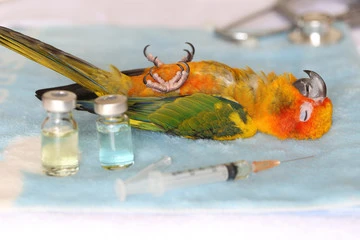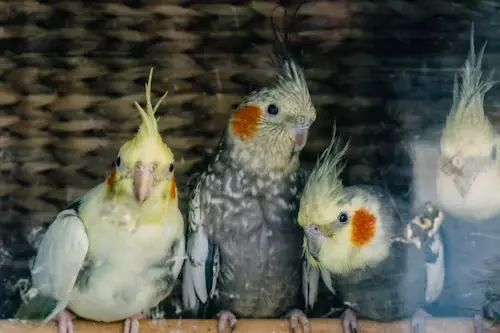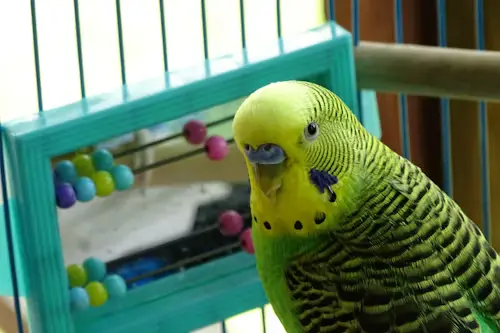Bird Health Care Center: How to Ensure Best Specialized Care
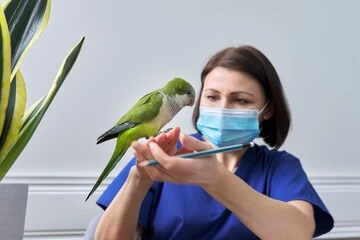
Imagine holding your vibrant parrot, canary, or cockatiel and noticing something “off”—a subtle change in posture, a dip in energy, or an unsettling quietness. Birds are masters at hiding illness, often until it’s advanced. In these moments, having access to a specialized bird health care center isn’t just convenient—it’s lifesaving. Unlike general vets, these centers combine cutting-edge technology with species-specific expertise to address everything from routine bird health checkups to intricate bird medical care. This guide demystifies these vital facilities, so you’re prepared to give your bird the best care possible.
Table of Contents
Why Avian Expertise Matters: More Than Just “Pets”
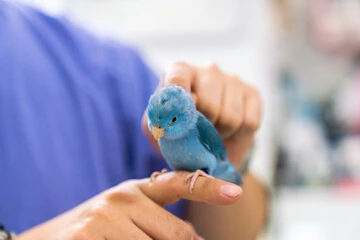
Birds have unique anatomies and metabolisms. For instance, their respiratory systems are exceptionally efficient yet vulnerable to airborne toxins. A seed-heavy diet can silently cause liver disease. Even stress from routine handling can trigger fatal conditions like “capture myopathy”. General veterinarians might overlook these nuances, but specialized bird hospitals prioritize them. Facilities like the Animal & Bird Health Care Center in Cherry Hill, NJ, devote decades exclusively to birds, ensuring misdiagnoses are rare and treatment is precise.
Key Fact: Birds instinctively hide weakness (a survival tactic), so subtle signs—like fluffed feathers or reduced vocalization—demand immediate attention. Learn critical symptoms to watch for here.
Inside a Top-Tier Bird Health Care Center: Services Unveiled
1️⃣ Preventative Care & Routine Bird Health Checkups
Annual exams are non-negotiable. Centers offer “well-bird” packages, including:
- Weight monitoring and nutritional counseling
- Fecal and blood tests for parasites/disease
- Beak, wing, and nail trims
- Vaccinations (e.g., polyomavirus)
Pro Tip: Juveniles need 2 checkups/year; adults require annual visits. Seniors (7+ years) benefit from semi-annual monitoring.
2️⃣ Advanced Bird Medical Care & Diagnostics
When illness strikes, specialized hospitals deploy tools like:
- Digital radiography and CT scans for bone/air sac issues
- Endoscopy for internal visuals
- ICU units with oxygen therapy and humidity control
- On-site labs for rapid blood/urinalysis
Table: Common Treatments at Avian Centers
| Condition | Diagnostic Tool | Treatment Approach |
|---|---|---|
| Respiratory Infection | Tracheal wash + culture | Antibiotics, nebulization |
| Egg Binding | Ultrasound | Calcium therapy, manual extraction |
| Psittacosis (parrot fever) | PCR testing | Doxycycline, quarantine |
3️⃣ Emergency & Critical Care
Centers like the Medical Center for Birds in California offer 24/7 trauma support—vital for accidents, poisoning, or sudden illness. Their avian ICU units mimic natural habitats to reduce stress during recovery.
Choosing the Right Avian Veterinary Center: 5 Must-Ask Questions
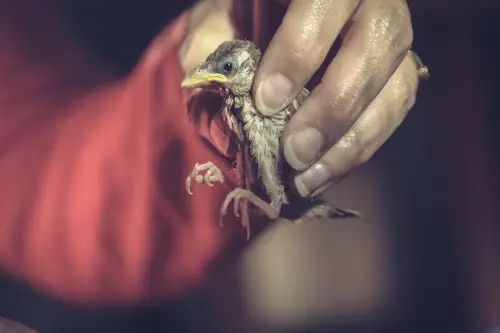
Not all facilities are equal. Prioritize centers that:
- Employ board-certified avian vets (e.g., Diplomates of ABVP-Avian).
- Have bird-specific equipment (e.g., microsurgical tools).
- Offer emergency hours or partnerships with ER clinics.
- Provide transparent pricing (avoid places that dodge fee discussions).
- Prioritize low-stress handling. Fear exacerbates illnesses!
Example: The Animal & Bird Health Care Center in NJ tailors exams to species—using towels for secure yet gentle restraint—to minimize panic.
Pandemic & Bird Health: Vigilance Beyond the Clinic
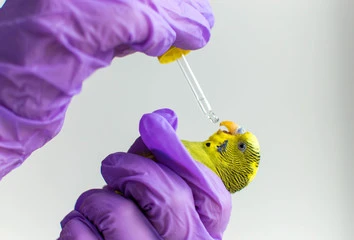
Avian influenza (H5N1) remains a global concern. The CDC confirms human cases are rare but advises precautions like:
- Isolating new birds for 30 days
- Avoiding contact with wild birds
- Sanitizing cages with bird-safe disinfectants
Centers collaborate with bodies like the CDC to track outbreaks and guide owners, exemplifying preventative public health stewardship.
Integrative Care: Behavior & Wellness Synergy
Top centers don’t just treat illness—they prevent it. At bird wellness clinics, vets craft holistic health plans including:
- Enrichment strategies to prevent boredom (e.g., foraging toys)
- Species-specific diet conversions (pellets > seeds)
- Behavioral consults for anxiety/aggression
FAQs: Bird Health Care Centers Demystified
Q: How often should my bird visit a health care center?
A: Annual checkups for adults; bi-annual for seniors/birds with chronic conditions. Sick birds need immediate attention—never wait.
Q: Can’t my regular vet handle bird care?
A: General vets lack species-specific training. Avian centers use specialized tools (e.g., micro-scalpel blades) and knowledge about bird physiology that dramatically improve outcomes.
Q: What’s the cost difference between a general vet and a bird hospital?
A: Expect a 20-30% premium at specialized centers—justified by advanced diagnostics and expertise. Emergency care may cost more but prevents pricier long-term complications.
Q: Do avian centers handle exotics like parrots and finches?
A: Yes! Reputable centers treat all birds—from budgies to macaws.
Final Word: Be Your Bird’s Best Advocate
Finding an avian veterinary center you trust isn’t just practical—it fosters bird wellness, longevity, and quality of life. Whether scheduling routine bird health checkups or tackling complex bird medical care, prioritize facilities with proven expertise. After all, your bird isn’t “just a pet”—they’re family.
Your Next Step:
🔹 Schedule a checkup at a certified bird health care center near you.
🔹 Share your story below—what experiences shaped your bird’s care journey?
🔹 Bookmark this guide and explore our bird wellness hub for more insights!
Ready to be a step ahead? Never miss a sign—your vigilance makes all the difference.

